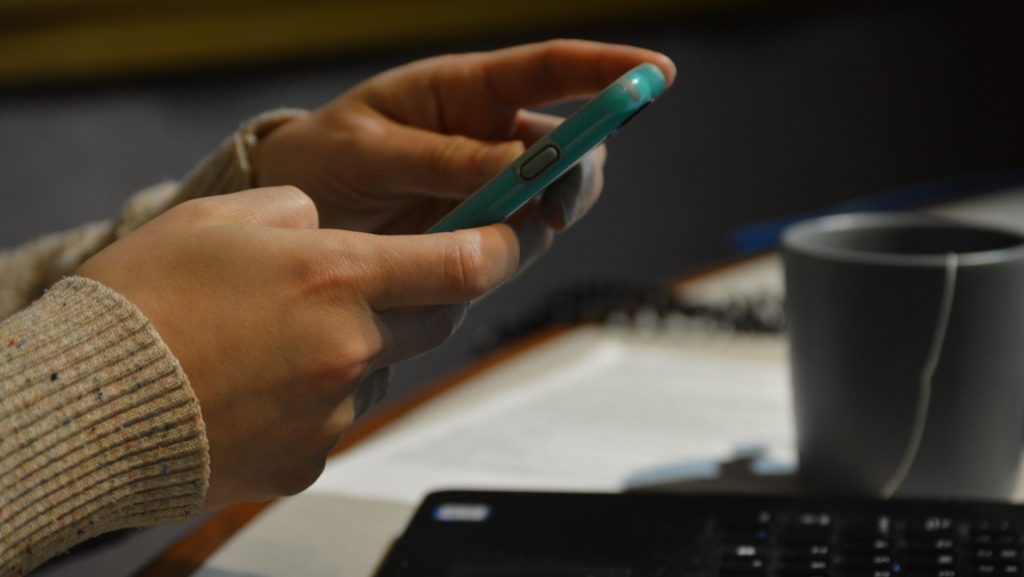Check Your Source Before Sharing: Media Literacy 101 During COVID-19
Harrison Mantas with Poynter’s International Fact-Checking Network joins Detroit Today with Stephen Henderson to talk about wide world of misinformation.

While many parts of the world and our society have been suspended because of the novel coronavirus, there are a few things that have been fueled.
“Before you share it, make sure you know where it’s coming from.” — Harrison Mantas, Poynter International Fact-Checking Network
One of them is media literacy. That is, the ability to sift through all the information on the internet, television and the radio to determine credibility and to make sense of the content itself.
Listen: Fact-checker Harrison Mantas offer advice on how to get the most reliable information during the pandemic.
Guest
Harrison Mantas is a reporter for Poynter’s International Fact-Checking Network covering the wide world of misinformation.
He joins Detroit Today with Stephen Henderson to talk about the misinformation and disinformation spreading about the coronavirus pandemic, as well as to give advice on seeking out the quality, scientific information.
“Unless you know it’s coming from the CDC or the WHO, I just question it,” says Mantas, referring to the Centers for Disease Control and Prevention (CDC) and the World Health Organization (WHO). “I always question the source of the material. If they got it from a friend, question where they got that information.”
“Before you share it, make sure you know where it’s coming from,” he says.
Trusted, accurate, up-to-date
WDET is here to keep you informed on essential information, news and resources related to COVID-19.
This is a stressful, insecure time for many. So it’s more important than ever for you, our listeners and readers, who are able to donate to keep supporting WDET’s mission. Please make a gift today.
